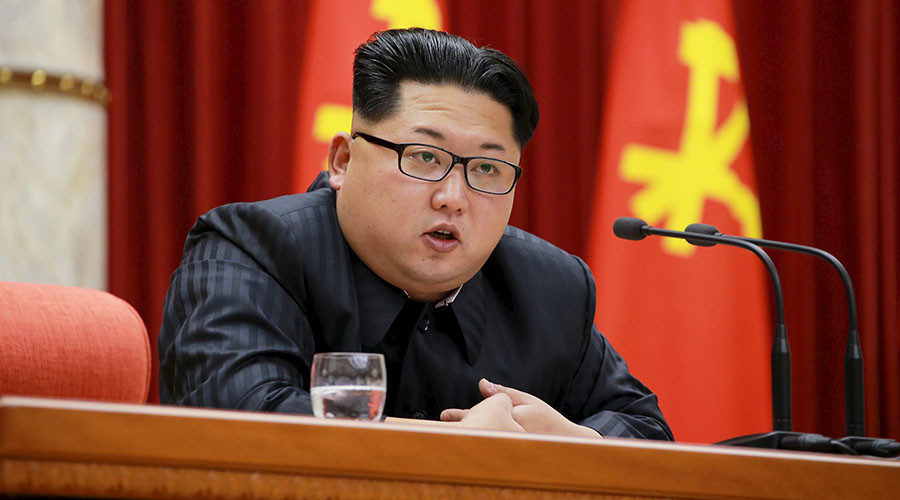Indkapslet dybt nede i landets bjergrige zone er der henved 200 typer mineraler, herunder guld, jern, kobber, zink, magnesit, kalk tungsten og grafit, rapporterer Quartz.
Nogle af disse reserver er blandt de største i verden, og Nordkorea, et lille land fattigt på kontanter, bruger dem ofte til at få ekstra kapital - på trods af lovene som forbyder det.
Den totale værdi af disse mineraler ligger mellem USD 6-10 billioner.
Kommentar: Delvist oversat af Sott.net fra Must be a coincidence: North Korea just happens to have mineral stockpiles worth trillions
Der er ikke noget at sige til, at USA er meget optaget af Nordkorea, ud over at det kunne konsolidere deres fodfæste ved Ruslands og Kinas østlige side.
But the country is too poor to create the infrastructure needed to export the minerals — at least in large enough quantities to make a dent in its overall wealth. Still reliant on China, South Korea, and Russia for its financial and energy needs, North Korea has only made small deals with neighboring countries.
Comment: Right, if only North Korea could create the infrastructure, countries would be lining up to do business with them... Guess that's all there is to it! Nothing to do with the fact that the West has dictated to the world that NK be considered a pariah nation. Oh, and sanctions probably don't have anything to do with it either...
Lloyd Vasey, founder of the Center for Strategic and International Studies think tank, noted recently that North Korea's mining production has fallen by roughly 30% since the 1990s.
"There is a shortage of mining equipment," Vasey wrote, "and North Korea is unable to purchase new equipment due to its dire economic situation, the energy shortage, and the age and generally poor condition of the power grid."
In 2014, Russia mapped out the construction of a rail line within North Korean borders. Though it ultimately fell through, the plan was to entice North Korea with workable infrastructure in exchange for use of its mineral stockpile.
North Korea has repeatedly tried to capitalize on its mineral abundance despite United Nations sanctions, according to Quartz. In August 2016, Egyptian officials seized more than 2,300 tons of iron ore from a North Korean cargo ship headed to the Suez Canal.
The large quantity of iron along with 30,000 accompanying rocket-propelled grenades marked the largest ammunition seizure in the history of sanctions against North Korea, according to a UN report published in February. The capture "showed the country's use of concealment techniques, as well as an emerging nexus between entities trading in arms and mineral," the report said.
In that regard, North Korea continues to face a catch-22 with its mineral stockpile. The country is too poor to use the deposits itself, but too volatile in its leadership to gain the trust of international bodies that may permit the minerals' export.
Comment: Ahh, now you mention it. Talk about burying the lede!
The deposits will continue to sit underground, unused and untapped, until surrounding countries figure out a way to make workable partnerships.




Læserkommentarer
dig vores Nyhedsbrev